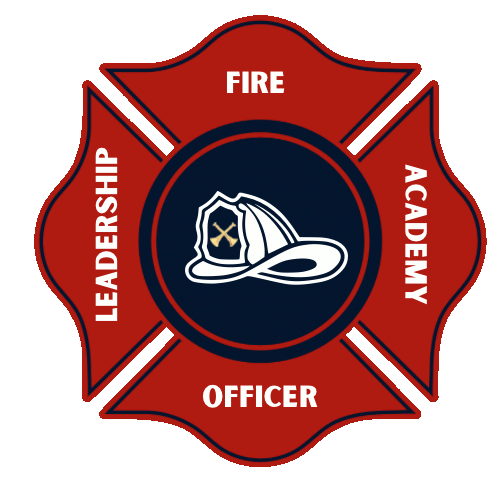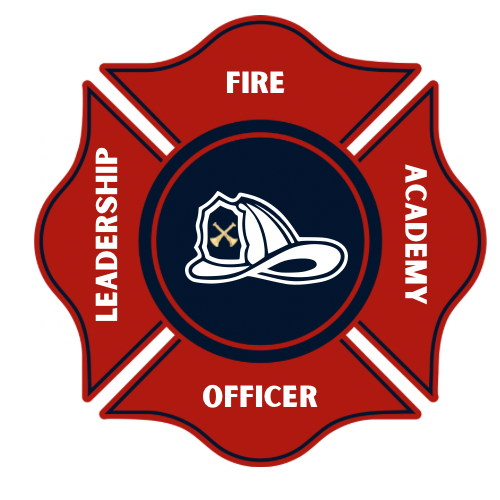The afternoon of February 1, 2017, was sunny and pleasant, but by sundown the temperature began dropping, a light rain fell, and then quickly turned to snow. The wet road surfaces formed a sheet of black ice and there were multiple motor vehicle accidents over the next few hours, including the one in the photo that I responded to.
Sliding Down the Hill
Initially we were dispatched to a report of an incident involving a tanker truck and a car. Both vehicles were traveling up a hill when the driver of the car in front panicked and applied his brakes. The truck was following at a safe distance and as the driver slowed, the truck began to slide backwards coming to rest on the side of the road at an angle. Fortunately, the truck did not roll over the embankment, but we faced a situation that took hours to correct.
Stuck Truck
The truck rested in a precarious position on the side of the embankment and could not move. Additionally, the tanker was full of crude oil adding to the complexity. There were two major tasks that we needed to accomplish to bring the incident to a safe conclusion:
- Secure the tanker with heavy-duty tow trucks to prevent it from rolling down the embankment.
- Transfer the crude oil from the involved tanker to another one.
These tasks were completed in the dark, with below freezing temperatures, and a coating of ice on the roadway. Furthermore, we were working on a hill that increased the slipping hazard.
Clear Communication
This incident involved the coordinated efforts of the fire department, two law enforcement agencies, the Colorado Department of Transportation, two different wrecker companies, and the trucking company. The mission was a success. There were no injuries, no spilled crude oil, and there was no damage to the tanker truck.
Why were we successful? Everyone at the scene of the emergency was technically and tactically proficient in their jobs, but the story goes deeper than that and involves clear communication. Not only face-to-face communication, but radio communication with dispatch and law enforcement, and phone communications with the wreckers and trucking company. Everyone involved clearly communicated their resource needs and what actions were required to safely perform the tasks.
Why?
Why can’t people clearly communicate with one another? What prevents the chiefs from communicating with the troops? How many times are emails or text messages used to communicate, but those methods create more problems in the end when face-to-face should have taken place?
There is more than one answer to those questions. In his book Everyone Communicates Few Connect, John C. Maxwell states, “Connecting is more skill than natural talent.” Developing a skill requires time, training, and practice. What are you doing to improve your communication skills?
Contact me at [email protected] and visit my website at https://www.fireofficerleadershipacademy.com to learn how I can help you and your team better communicate and become more productive and efficient.

